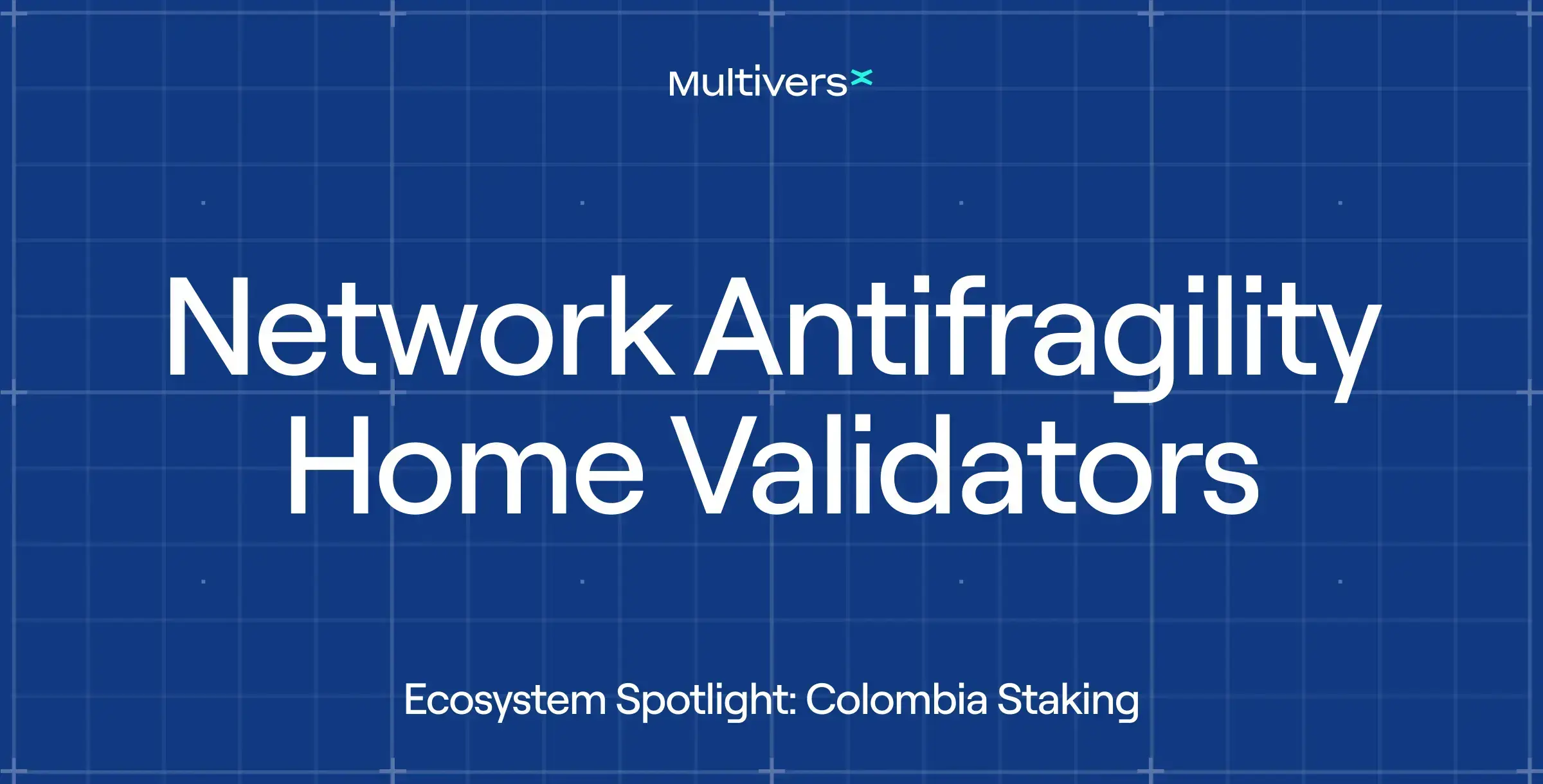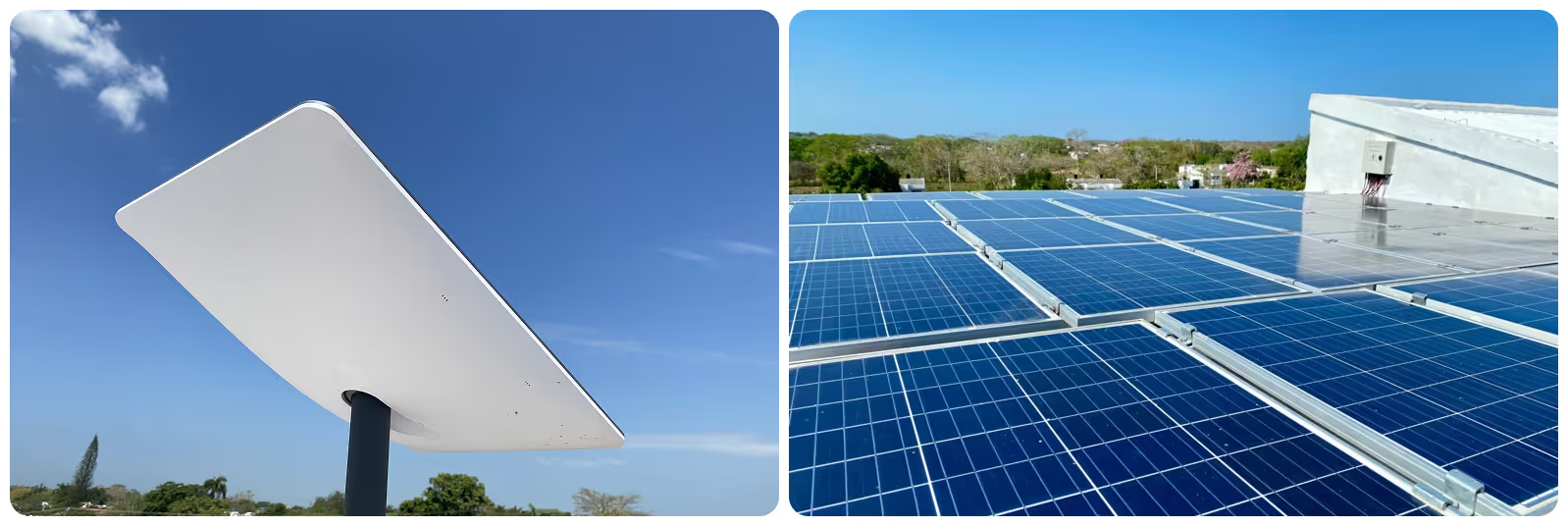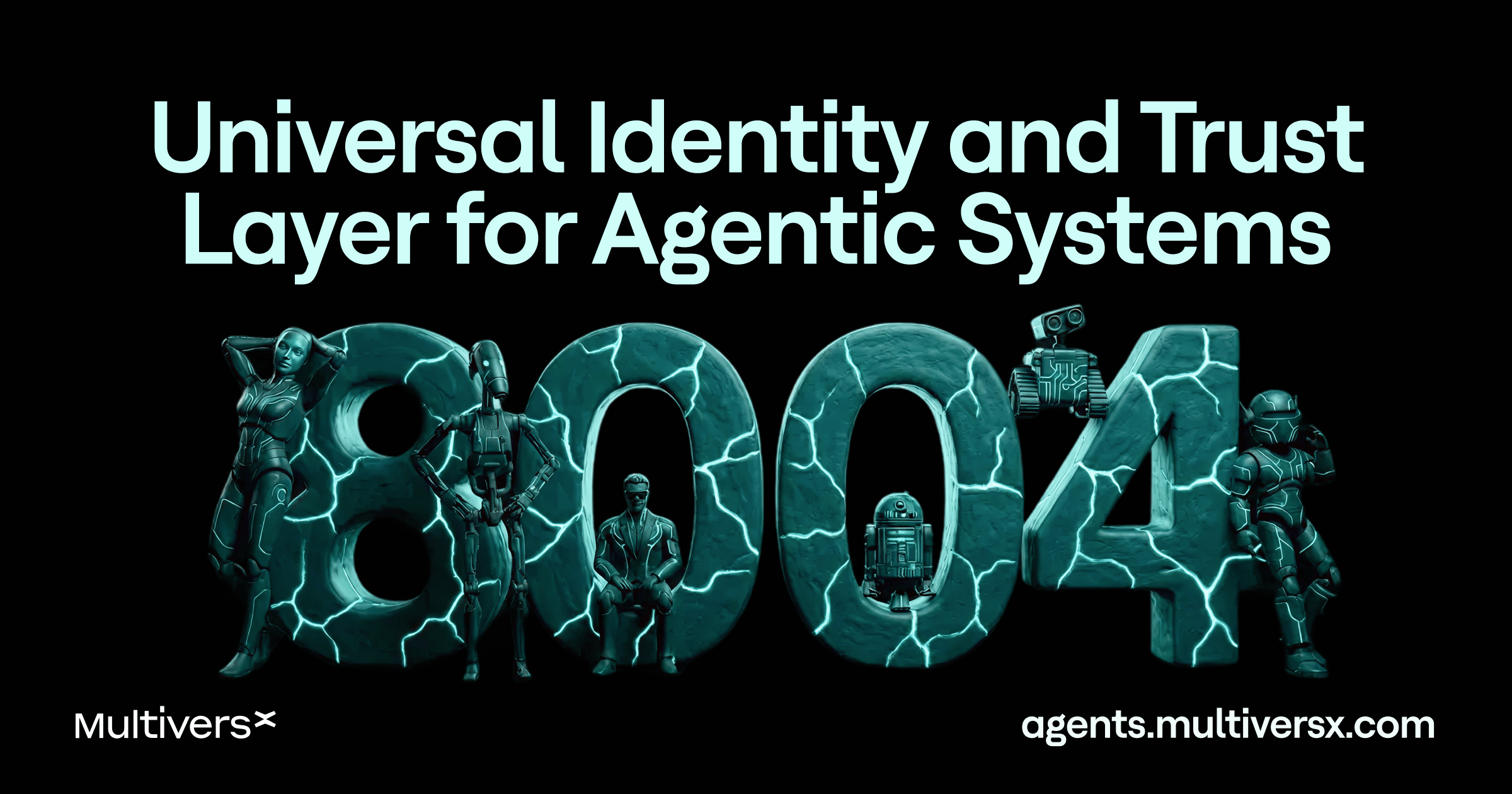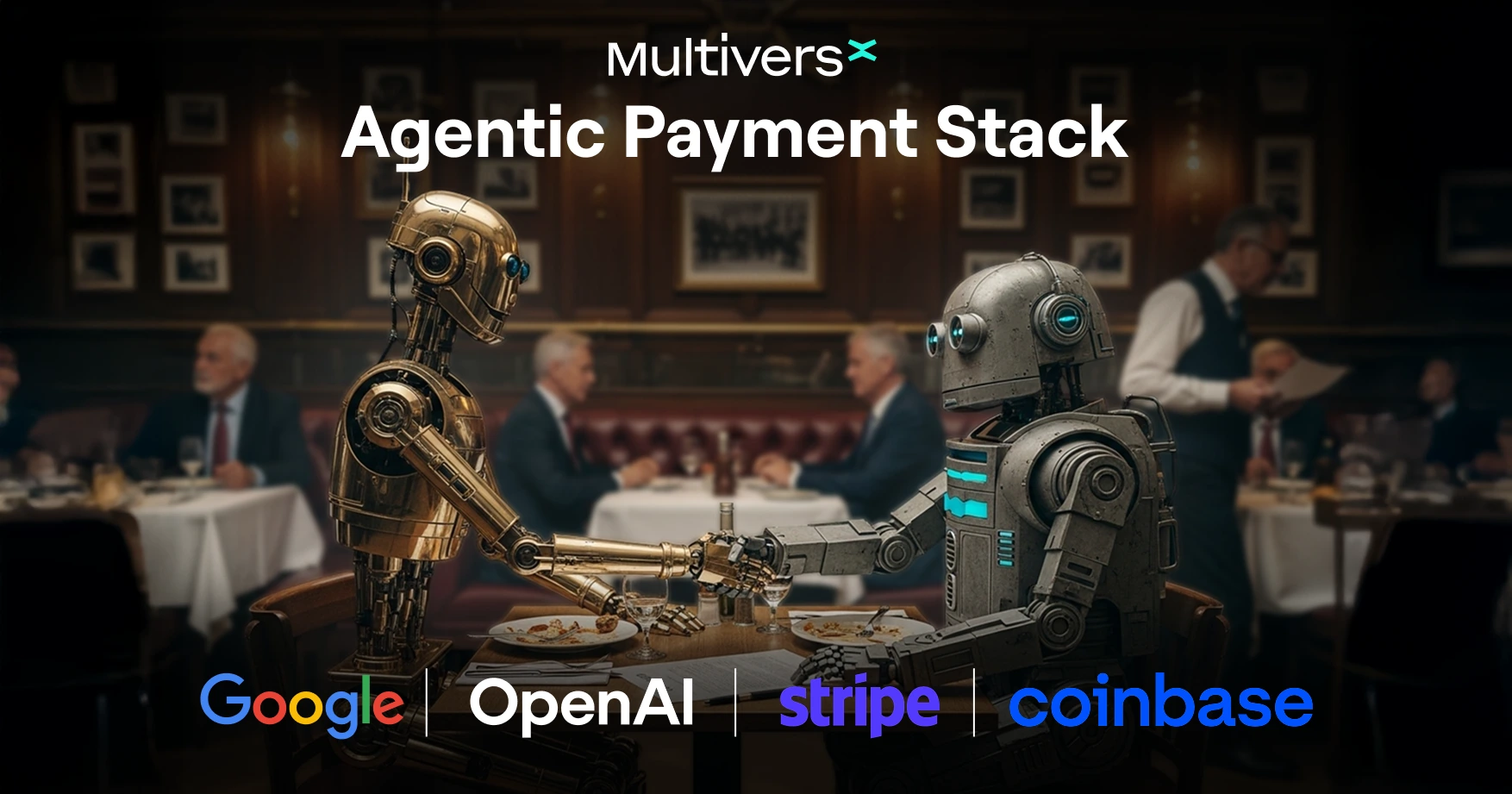

Network Antifragility: Home Validators
If Decentralization Is the Goal, Then Home Staking Is the Foundation
A blockchain’s credibility rests on its ability to to remain fully functional, secure, and transparent even in the face of attempts to censor or control it. No single party, whether a government, company, or cloud provider, should be able to disrupt its operation.
A few important questions to consider:
- Can a blockchain be decentralized if the vast majority of its validator nodes are hosted in the same handful of centralized cloud providers?
- Can it be censorship-resistant if those nodes are subject to the same regional laws, power grids, and data center operators?
- Can it be open and permissionless if only professional infrastructure providers can afford the hardware, uptime, and bandwidth requirements?
The answer is no. Without physical decentralization, which requires ownership of infrastructure, power, and internet, blockchain networks are open to vulnerabilities.
Antifragility of Blockchains
Public blockchains aren’t just payment rails anymore. They're becoming economic memory systems: storing contracts, identities, reputations, and long-term wealth across years and generations.
In the physical world, the concept of property rights depends on trust in institutions: courts, contracts, or enforcement mechanisms. In the digital world, those institutions don’t exist. The blockchain becomes the court, the title registry, the custodian, and the enforcer. All at once.
For that system to store billions or even trillions of dollars in value, it must provide the same, or stronger, guarantees of ownership, access, and continuity. And that only happens if the network is structurally neutral.
MultiversX: Sharding Scales Accessibility
MultiversX is one of the few public blockchain protocols engineered to scale while still relying on lightweight validator requirements; making home staking viable.
How it enables this:
- Sharded Architecture: The network divides its workload across multiple shards, meaning each validator only processes a subset of total transactions and data. This drastically reduces CPU, memory, and storage requirements.
- Efficient Consensus: The Secure Proof-of-Stake (SPoS) mechanism optimizes for speed and fairness while remaining energy-efficient.
- Low Hardware Requirements: A performant validator can run on consumer-grade hardware:
- Quad-core CPU
- 8–16 GB RAM
- 200 GB SSD
- Stable 100 Mbit/s internet connection
- Quad-core CPU
- Low Energy Footprint: As a result of the above, validators can run on low-power consumption, opening the door to solar-powered or off-grid configurations.
The outcome: validators don’t require datacenter-level infrastructure to contribute to network security.
ColombiaStaking: South America Home Validator
Colombia Staking is a validator and staking provider operating nodes on the MultiversX blockchain. Their setup exemplifies the ideal of physical and operational sovereignty. Running from a home configuration using off-grid solar energy and satellite internet.
How It Works:
- Energy Independence: The validator is powered by solar panels with battery backups, eliminating reliance on centralized electricity providers. This guarantees operational continuity even during grid failures or in regions with unstable power.
- Network Redundancy: Internet connectivity is powered by Starlink, SpaceX’s satellite service, which provides consistent connectivity in a region with fewer and less reliable infrastructure services. The setup includes a load-balancing modem that connects both Starlink and fiber line for redundancy. Additionally, Starlink's global coverage and routing can reduce latency for long-distance peer connections.
- Physical Sovereignty: The validator’s full stack « from power to bandwidth to compute » is fully owned by the operator. It does not depend on any rented cloud server or outsourced provider.

A live validator, producing blocks, earning rewards, and actively contributing to the health of the MultiversX network.
Colombia Staking in also running an experiment with a Raspberry PI (See demo)
Local Validators Are Critical Infrastructure
From a first-principles view, decentralization is about reducing trust assumptions.
- Grid electricity → you're trusting utilities.
- Cloud providers → you're trusting platforms.
- Centralized ISPs → you're trusting physical telecom monopolies.
ColombiaStaking removes all three. And MultiversX makes that possible by design.
This setup is especially meaningful for:
- Developing nations: Where infrastructure is weaker and distribution is lower.
- Censorship-risk zones: Where validators are at risk of being de-platformed.
- Sustainability-minded operators: Who want to run nodes using clean, autonomous energy.
A network with sovereign validators is harder to kill, harder to censor, and more resilient in the face of geopolitical shifts.
Built From the Ground Up, Not the Cloud Down
If decentralization is the goal, then infrastructure must reflect it. Not just in protocol design, but also in the physical world where nodes live and operate.
The first principle of a resilient network is distributed ownership (hardware, energy, and access). MultiversX is one of the few chains enabling that vision, and ColombiaStaking is proof that it works in the wild.
The path forward isn’t more data centers. It’s more rooftops with more sovereign nodes.






